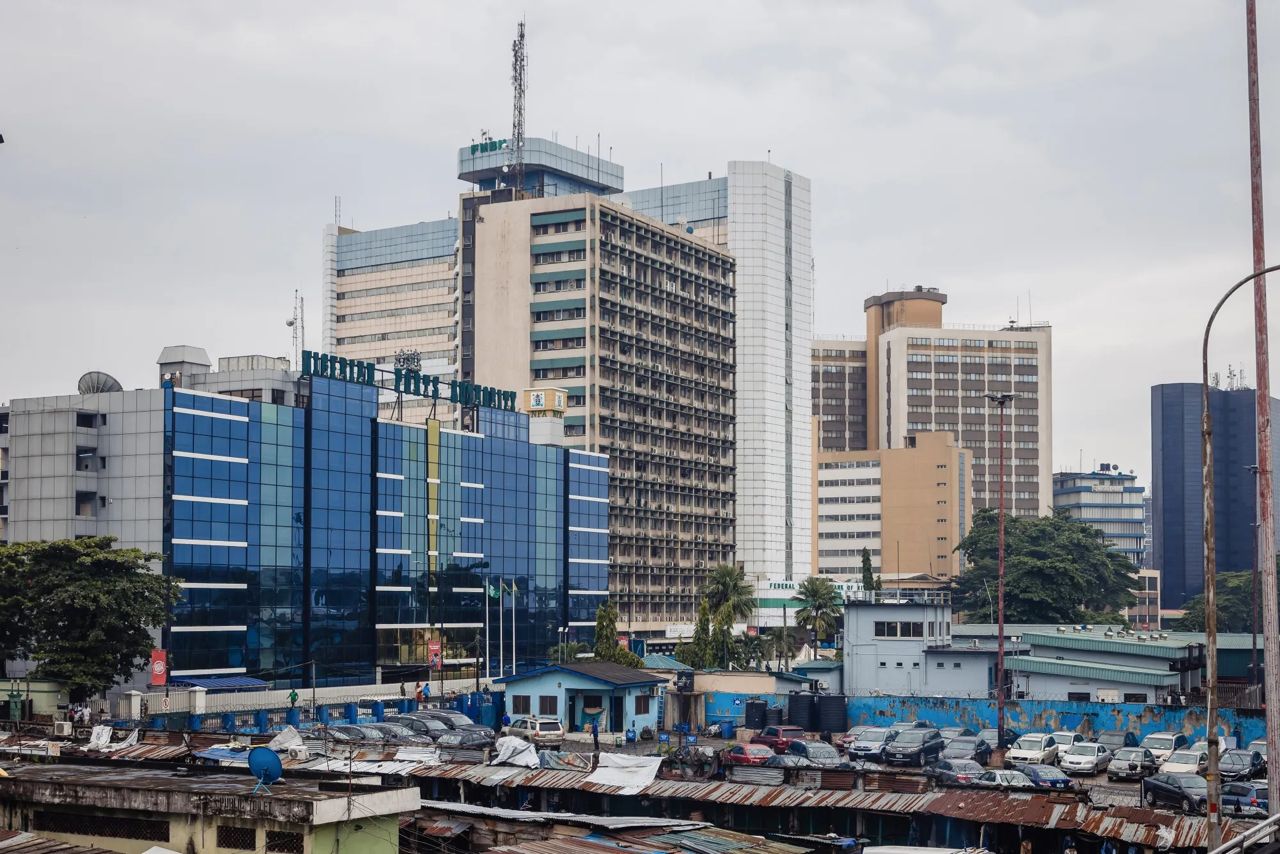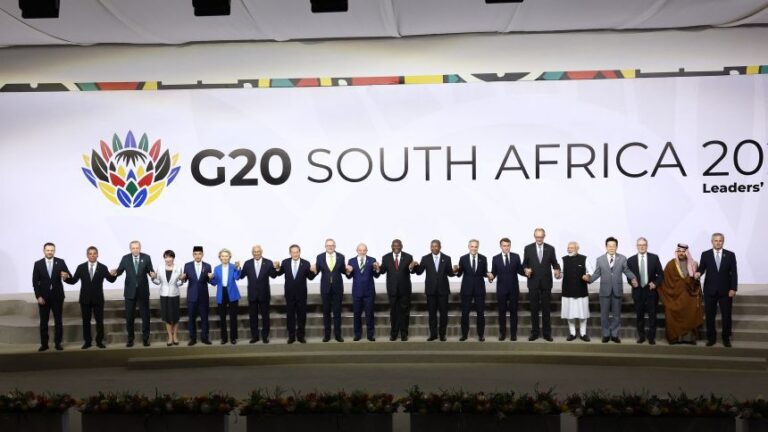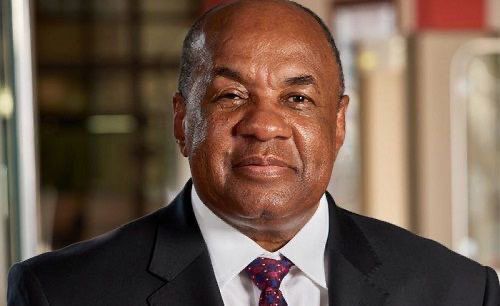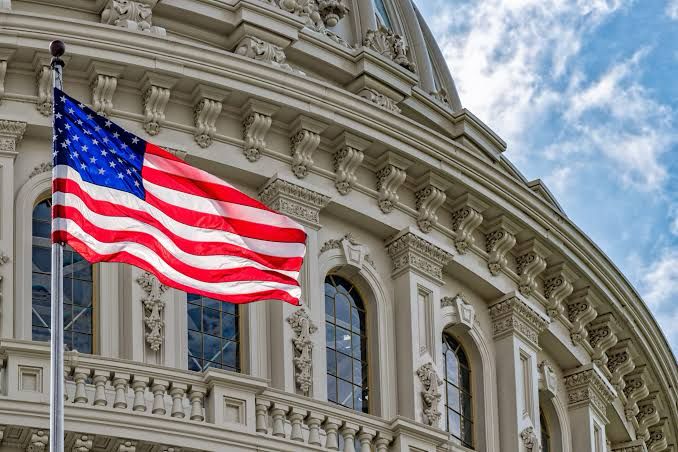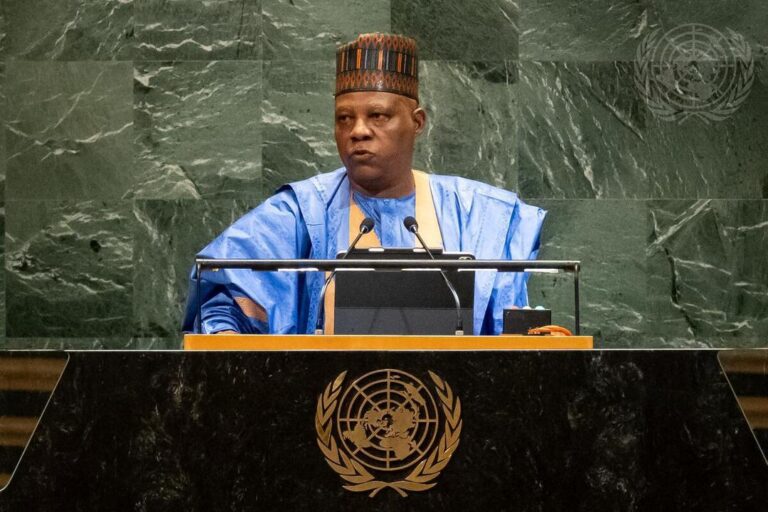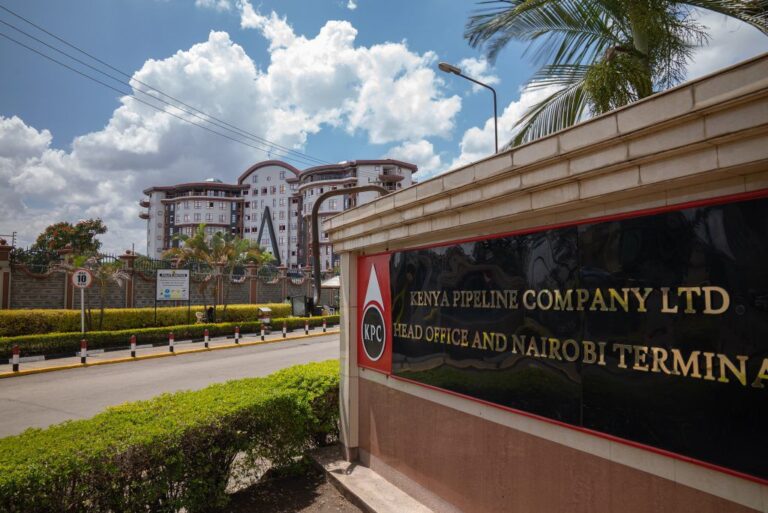Nigerian businesses registered sustained optimism in September, and for nine consecutive months with the Stanbic IBTC Business Confidence Monitor (BCM), reporting a marginal but crucial rise in sentiment. The bank said in its report on Friday.
According to the latest BCM report key indicator of Current Business Performance edged up to 107.9 points, maintaining an expansionary trajectory since December 2024, signaling continued recovery in the nation’s economy.
The BCM index, which was up slightly from 107.3 in August, was primarily boosted by a strong sectoral rebound and moderating inflationary pressures. All five broader economic activities—Agriculture, Manufacturing, Non-manufacturing, Services, and Trade—remained in the expansion zone (above the 100-point threshold).

The most significant driver of the improved confidence was the Agriculture sector, which posted a sharp recovery, climbing to 107.3 in September from a contractionary reading of 95.6 in August. This dramatic swing is largely attributed to the ongoing harvest season.
While Manufacturing, Non-manufacturing, and Trade also expanded, their pace of activity softened slightly compared to the prior month. Services, however, provided steady support to the overall index.
Analysts point to positive developments in the macroeconomic environment as a key factor supporting the improved business climate. The cost of doing business index declined for the third consecutive month, alongside improvements in input prices.

This trend suggests a gradual but effective moderation of inflationary pressures. The BCM Price index has remained below the 100 point psychological threshold since November 2024. This stability is tied to limited price movements in key external factors for most of 2025:
The Naira appreciated by 5.5% year-to-date (as of October 2nd), a stark reversal from the 40.9% depreciation recorded in 2024.
Similarly, fuel prices declined by 13.8% in the first seven months of 2025, contrasting sharply with the 77.0% price increase seen in 2024.
GDP Forecast Upgraded
The improved sentiment has led Stanbic IBTC to revise its economic growth outlook for the year. Following “surprisingly good” Gross Domestic Product (GDP) growth in Q2 2025, the bank has lifted its 2025 GDP forecast to 4.0% year-on-year, up from an earlier estimate of 3.5%.

Reflecting an estimated 4.5% y/y overall GDP growth for Q3 2025, driven by a projected 14.3% y/y growth in the oil sector and 4.4% y/y growth in the non-oil sector.
Looking ahead to 2026, the report projects strong non-oil sector expansion, underpinned by anticipated interest rate reductions, continued low inflation, and decreased exchange rate volatility.
The Nigerian central bank monetary policy committee recently cut interest rates by 50 basis point from 27.5% to 27%, and inflation has been falling for nine consecutive months to 20% in August.
Despite the positive momentum, the report cautions that the recovery remains fragile. Several structural and policy headwinds continue to undermine business confidence and investment appetite.
The BCM report highlights key constraints that firms are still battling: Financing constraints; Erratic electricity supply; High commercial property costs; Unclear policy signal; Persistent insecurity.

While sub-indices for investment, exports, and access to credit registered marginal gains, addressing these systemic issues remains critical to translating recovering business confidence into sustained, broad-based economic growth and capital formation.



